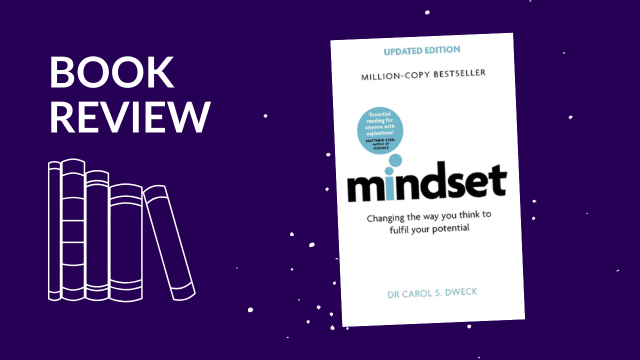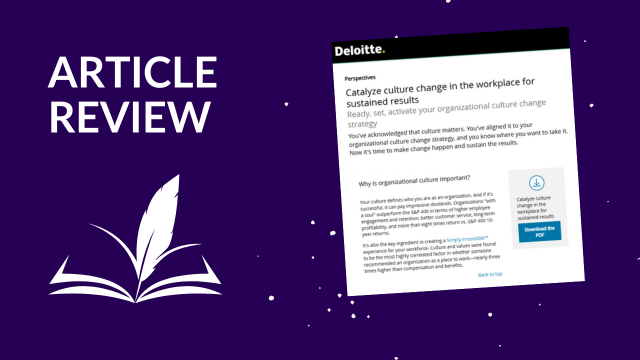If you know Seth Godin, you know that he is always pushing the edge, bringing a magnifying glass, a telescope, or another new lens for viewing our lives and how we choose to live them. While his article How to be Remarkable was published in The Guardian more than ten years ago, it is still relevant to us as change practitioners today.
Godin starts off by writing, “You’re either boring or you stand out. You’re either invisible or remarkable. And, all your life, everyone has been pushing you to fit in. All your life you’re told to keep your head down, work hard, don’t make waves and get it done. What rubbish. Here, in 10 easy steps, is how to grow. How to stand out. How to get noticed, make a difference and have a shot at the big time.”
All ten of his steps are worth considering, but here I want to focus on what I believe are among the most powerful for change practitioners.
- “Remarkability lies in the edges. The biggest, fastest, slowest, richest, easiest, most difficult. It doesn’t always matter which edge, more that you’re at (or beyond) the edge.” If you approach everything you do in comfort, or in thinking “What can I do to not be uncomfortable today?” you are not going to be remarkable. Nor is it likely that you are doing everything you can to help ensure the success of the change(s) you are supporting. By definition, our profession requires working on the edge if we are to be successful.
- “Not everyone appreciates your efforts to be remarkable. In fact, most people don’t. So what? Most people are ostriches, heads in the sand, unable to help you anyway. Your goal isn’t to please everyone. Your goal is to please those that actually speak up, spread the word, buy new things or hire the talented.” If your sponsor, your boss, your client is not one of those people, you will never be more than moderately successful; it is unlikely that you will be able to grow to your full potential; and it is probable that most of your change initiatives will come up short.
- “It’s not really as frightening as it seems. They keep the masses in line by threatening them (us) with all manner of horrible outcomes if we dare to step out of line. But who loses their jobs at the mass layoffs? Who has trouble finding a new gig? Not the remarkable minority, that’s for sure.” I would add a caveat to what Godin is saying here. It’s not the remarkable minority unless they are working in an unremarkable environment.
Change isn’t easy. That means being a change practitioner isn’t easy either. Ours is a remarkable profession when practiced to its fullest. You can be a remarkable practitioner of our craft.







